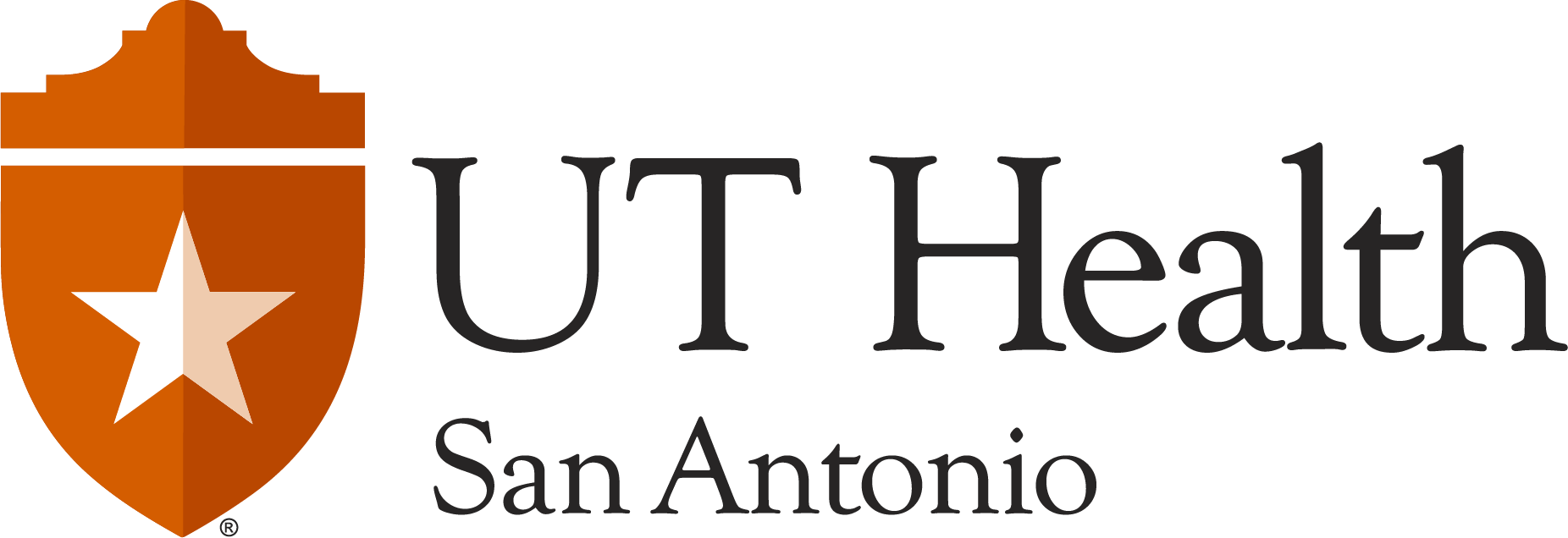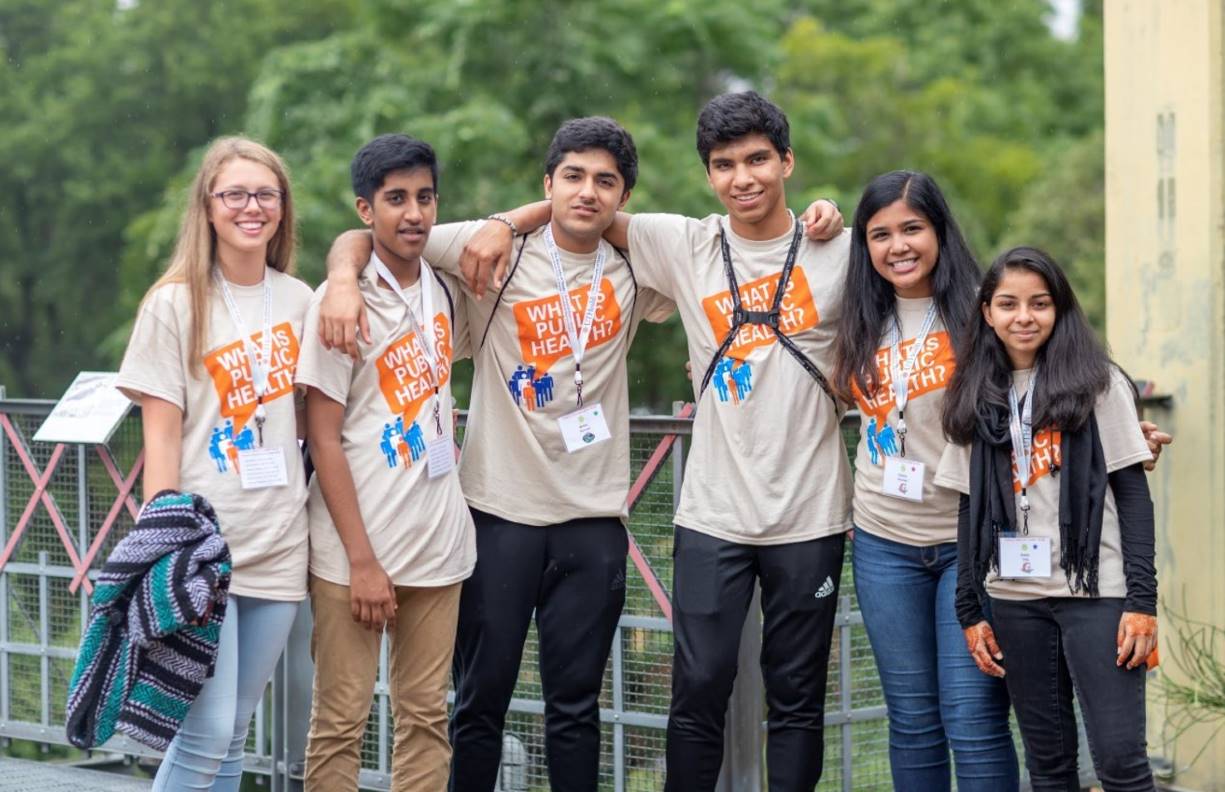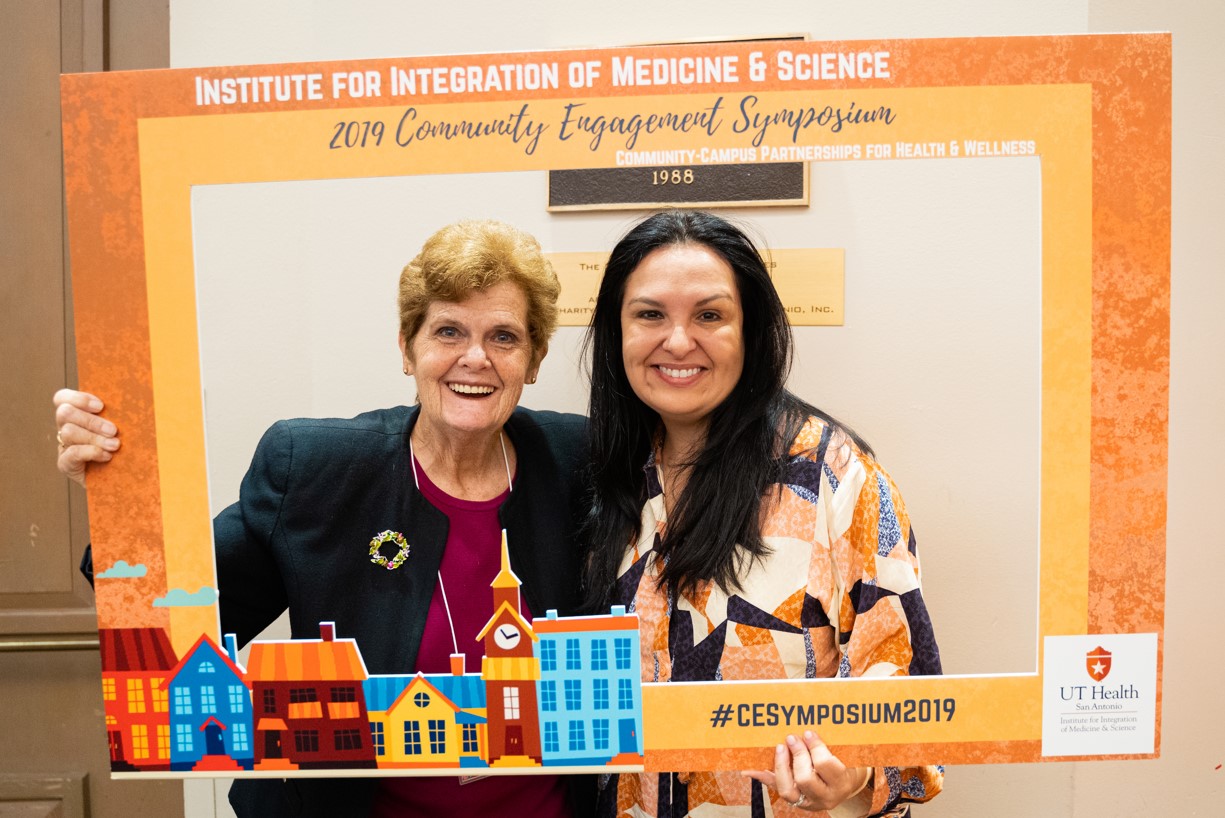Welcome
The IIMS Community Engagement Team provides infrastructure support for research to enhance community responsiveness, research relevance, scientific value, and public health impact. Our team is comprised of several partners, each who specialize in working collaboratively with researchers as well as community members, local agencies and health providers. Together, we translate research findings from basic science, to clinical practice, to public health benefit while providing community input to researchers to assure relevance to our populations.







